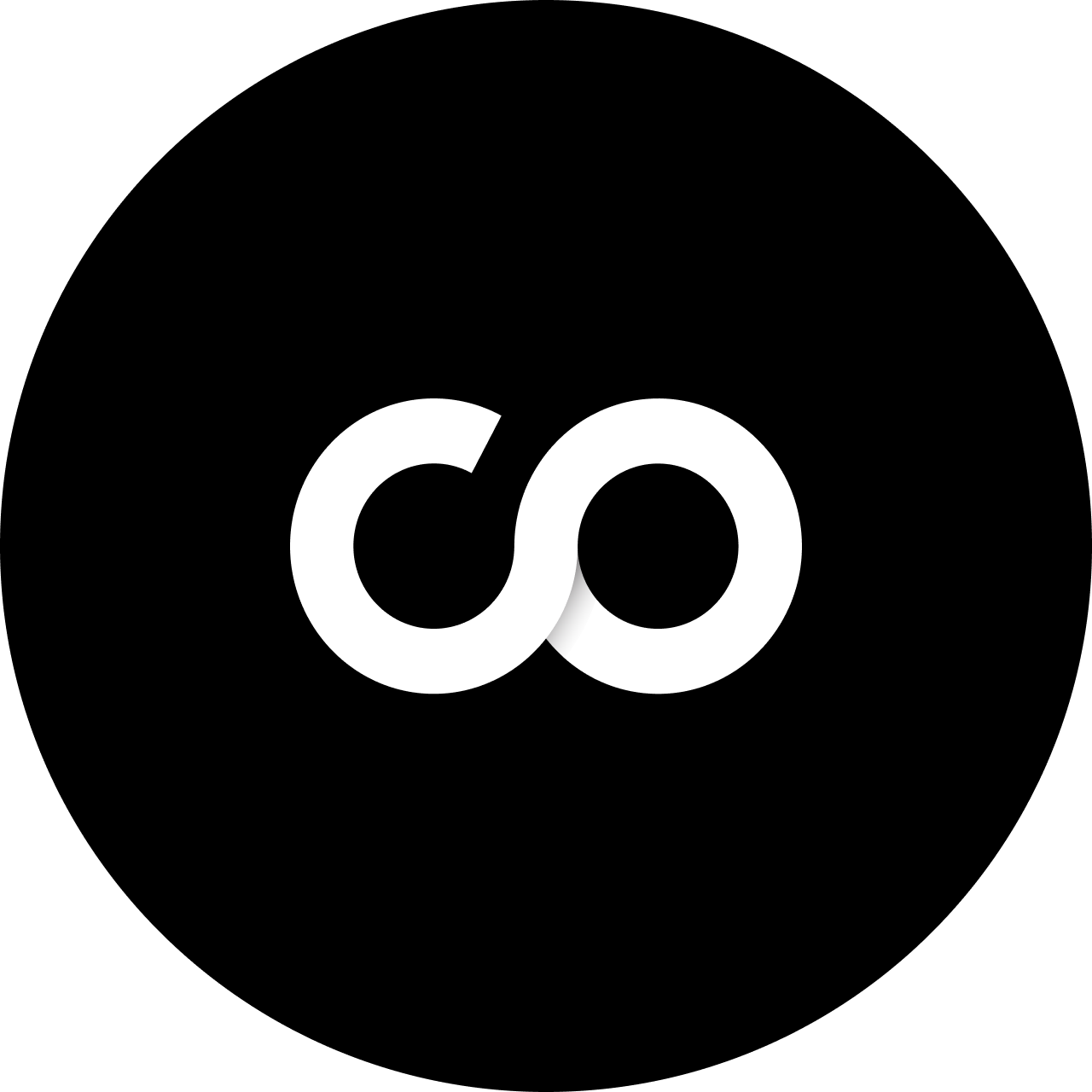
Every day new technologies are opening doors to more personalized treatments and better sleep, from wearable sleep monitors to advanced data analytics.
A review published in the Journal of Clinical Sleep Medicine highlighted that huge amounts of electrophysiological data are produced by objective testing in sleep medicine, that are ideally suited for analysis using artificial intelligence (AI) tools. AI-guided apps also have the ability to optimize direct patient care by streamlining daily operations.
The digital sleep management app market has experienced substantial growth in recent years. Global Sleep Monitoring Apps market size was valued at USD 2864.87 million in 2022 and is expected to expand at a CAGR of 17.78% during the forecast period, reaching USD 7646.6 million by 2028.
In this article, let’s discuss the staggering growth of this market, the driving forces behind it, and how you can tap into its vast potential.
Driving forces behind the digital sleep management apps
In recent years the integration of sleep management apps in personalized health care has taken a big leap. Let’s see the major driving forces that are behind the same-
Rising prevalence of sleep disorders
The incidence of sleep deprivation among adults has risen drastically. According to the 2019/2020 Phillips Global Sleep Survey, only 55% of adults are satisfied with their sleep.
Increased awareness of the importance of good sleep
Since the pandemic and remote work have drastically altered our way of life, getting enough sleep has become even more crucial. 58% of respondents to the same survey stated they would use telehealth in the future to address sleep-related issues.
Advancements in wearable technology and data analytics
To satisfy consumer demands for high-quality sleep, cutting-edge new products are starting to appear, such as smart beds, sleep-tracking gadgets, and sleep-improving applications. The majority of these gadgets, according to McKinsey statistics, are designed to track biosignals, motion, and sleep quality.
But the program might also offer tailored advice and suggestions for enhancing sleep, which would make it a desirable resource for people trying to enhance their general well-being.
The array of AI-driven sleep management devices and apps
AI has revolutionized sleep management through its range of apps linked to devices. Let’s see the recent innovations-
- Wearable rings that monitor and assess various elements of the user’s health, including heart rate variability, activity level, and sleep patterns. By doing this, you can receive tailored advice and suggestions for improved general wellness.
- Mobile sleep trackers that use sounds to provide optimal sleep programs, wake the user at the proper time and monitor the quality of their sleep. The tracker also examines the relationship between different user events and states and the quality of sleep.
- Medical-grade sleep diagnostics that provide wireless systems for sleep monitoring from the comfort of one’s home.
- Sleep intervention apps like Loóna can serve as a healthy wind-down ritual, helping people calm their minds before bed. Loóna is known for its enchanting and immersive experiences called Sleepscapes.
- Sleepio from Big Health is a six-week digital therapy sleep improvement program that helps people sleep better without the use of medications or potions. It has been clinically and scientifically validated.
- The Pod Mattress from Eight Sleep is a smart mattress that uses an app and Active Grid technology to control temperature. Customers can learn more about how they sleep and how to enhance the quality of their sleep by using the mattress’s sleep-tracking features.
Challenges and Future Prospects
Although the market is expanding, it is still relatively unsaturated. According to McKinsey research, this is the segment with the largest unmet consumer need. This fact provides a lot of space for fresh, creative ideas.
To be successful in this market, you must recognize the difficulties and problems that the majority of digital sleep management systems encounter.
Inaccurate sleep scoring and tracking
Inaccurate sleep scoring and tracking including estimating sleep metrics and staging may exacerbate orthosomnia and the anxiety that comes with achieving a perfect sleep score.
In this sense, for your digital solution to truly benefit users and impact changes in behavior and lifestyle, the systems should integrate information from multiple sensors and sources, including smart beds, wearables, and smartphones.
For precise sleep-tracking metrics, patterns, and trends in this data can be found using machine learning (ML) models.
In addition, machine learning algorithms can evaluate sleep data to quantify various stages of sleep, such as light, deep, and REM sleep, by examining patterns such as variations in heart rate, brain activity, and physical movement.
Therefore, combining multiple data sources with machine learning (ML)-powered data analytics could greatly improve the measurement of sleep quality and raise the precision of sleep staging and metrics estimation.
Low customer engagement and low solution effectiveness
Low customer engagement and low solution effectiveness are the outcomes of digital interventions that lack personalization and customization.
To begin with, batch training techniques are ideal for learning from sizable user bases and creating customized care plans for individual users according to their preferences and sleep patterns.
Furthermore, decisions can be made by reinforcement learning algorithms based on input from specific users, taking into account variables like changes and enhancements in sleep quality.
As a result, combining these ML techniques guarantees that each recommendation made to a user is highly customized and meets their specific needs.
Unexplained recommendations by apps
Some apps generate recommendations with no clear reasoning behind them. This can make users hesitant to follow those recommendations which can result in low adherence.
Here, too, ML-based data analytics can be used to find and assess behavioral and environmental factors that are predictors of recommended sleep. These predictors can then be evaluated using regression analysis and clustering algorithms to identify the most important variables for the best possible sleep outcomes.
One way to improve recommendation interpretability would be to use more sophisticated language models, like GPT-4, to give users more comprehensible explanations.
Lack of technology evidence
Lack of understanding among users on how the product works can hinder compliance with recommendations as well.
It’s feasible to show a correlation between recommendations’ adherence and sleep quality by using data analytics and regression analysis to find patterns and trends in sleep quality.
Users can receive thorough explanations and learning through multifactor analysis.
A strong statistical proof of technology efficacy can be created by collecting and evaluating a lot of data, which you could then share with users to reassure them of the app’s potential.
Wrapping all up
In conclusion, the market for digital sleep management apps is expanding rapidly due to the rising incidence of sleep disorders and the increased understanding of the value of getting a good night’s sleep.
Make sure your app is unique and can demonstrate to users that it is effective by concentrating on precise sleep assessment using machine learning and advanced data analysis methods. Moreover, you can increase users’ trust and confidence in your app by making recommendations that are easy to understand and accumulating strong statistical evidence of the technology’s effectiveness.
At Codewave EIT, we are ready to integrate AI features into your digital sleep management app/systems. Get started and revolutionize how people manage their sleep for better health and well-being.
Codewave EIT can tailor its experience and expertise to your specific product requirements, giving you a clear competitive advantage in the market.
Feel free to contact us or get in touch for a free consultation.
